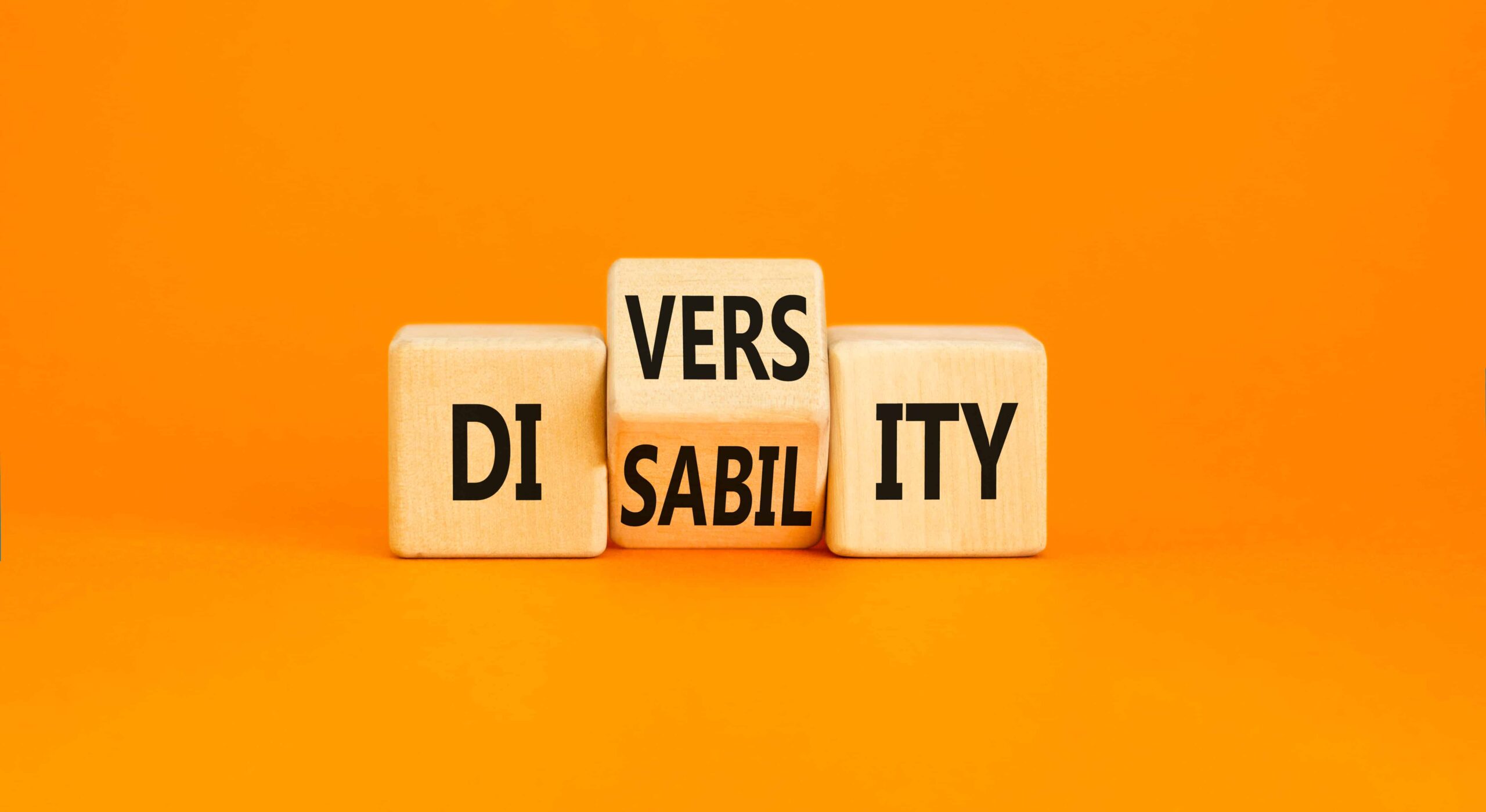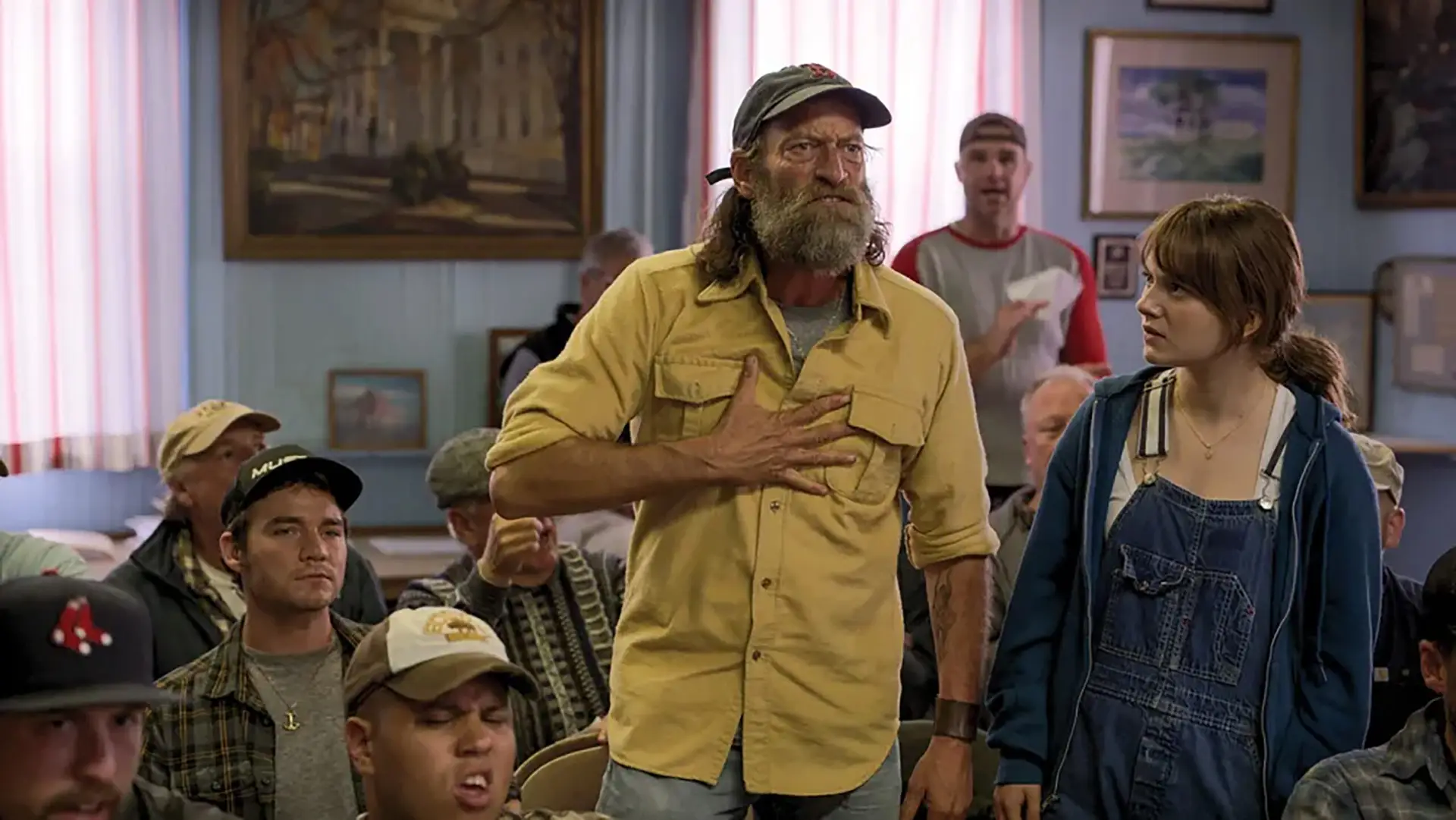Disability
Impairment is a fact of the human experience, not the exception. With the right support, having an impairment does not necessarily have to lead to disability. An important aspect of critical study entails analyzing the notion of disability and its representation in literature, film, and popular media.
Coined by US feminists in the 1980s, the term ableism refers to social prejudices against people with disabilities and the assumptions that able-bodiedness is the social norm. Like racism and sexism, ableism classifies entire groups of people as ‘less than,’ and includes harmful stereotypes and micro-aggressions.
Disability studies give us the tool to analyze ableism in fiction. With a disability theory lens, we will discover that many stories and films do touch on, if not elaborate upon, the figure of disability. In other words, disability studies concern both disabled figures as well as stories that do not feature such figures but rather emphasize able-bodiedness as the norm.
Critical disability theory analyzes disability as a cultural, historical, social, and political phenomenon. It examines not bodily or mental impairments but social affordances and norms that stigmatize certain attributes as impairments.
Representation Menu Close Definition Case Study Exercises Definition Case Study Exercises Previous Next
Across Cultures Menu Close Definition Case Study Exercises Definition Case Study Exercises Previous




